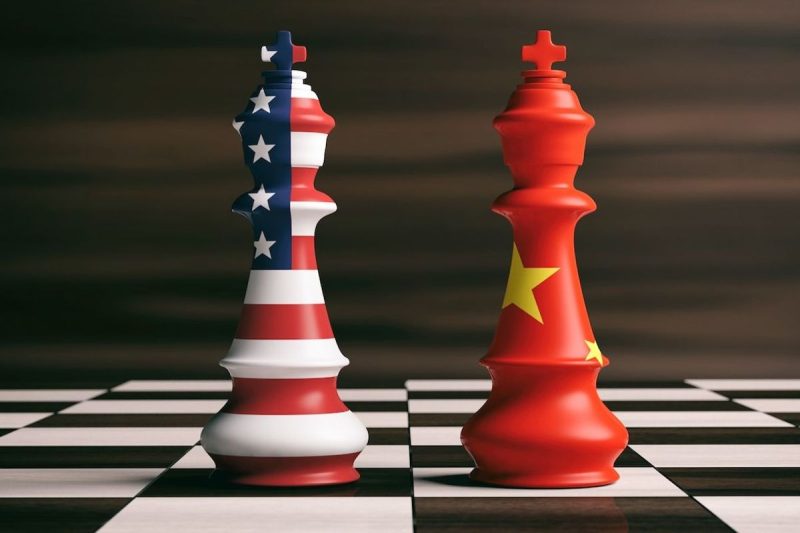In a bold move that underscores the escalating tensions between the United States and China, the Biden administration recently proposed a ban on Chinese vehicles citing espionage concerns. This controversial decision has far-reaching implications for the global automotive industry and could potentially reshape dynamics between the two superpowers. Let’s delve into the key facets of this proposed ban and its potential implications.
1. *National Security Concerns:* The proposed ban on Chinese vehicles is primarily rooted in national security concerns, with the administration citing fears of potential espionage and cyber-attacks facilitated through these vehicles. Given the increasing digitalization of cars and their connectivity to various networks, concerns about data security and privacy are paramount. The administration’s stance underscores the need to safeguard sensitive information and critical infrastructure from potential threats originating from foreign entities.
2. *Geopolitical Implications:* The ban on Chinese vehicles marks yet another chapter in the ongoing geopolitical rivalry between the U.S. and China. Against the backdrop of trade tensions, technology wars, and human rights issues, the automotive industry has now become a new battleground. This move sends a strong signal to Beijing that the U.S. is willing to take decisive measures to protect its interests and maintain its technological edge.
3. *Impact on Global Supply Chains:* The proposed ban on Chinese vehicles is likely to have significant repercussions on global supply chains within the automotive industry. With China being a key player in the global auto market, disruptions in the supply of Chinese vehicles could lead to cascading effects on production, distribution, and pricing. Automakers and suppliers with significant operations in China may face challenges in complying with the ban and reconfiguring their supply chains.
4. *Opportunities for Domestic Automakers:* While the ban on Chinese vehicles poses challenges for international automakers and suppliers, it also presents opportunities for domestic manufacturers. The Biden administration’s push to promote American-made products could incentivize investment in the U.S. automotive industry, leading to job creation and economic growth. This move aligns with the broader strategy of strengthening domestic manufacturing capabilities and reducing reliance on foreign markets.
5. *Consumer Considerations:* From a consumer standpoint, the ban on Chinese vehicles may impact choices and preferences in the market. Customers who previously considered Chinese-made cars may now look for alternatives, potentially boosting sales of domestic and other foreign brands. Factors such as perceived quality, reliability, and national security considerations could influence purchase decisions, reshaping the competitive landscape in the automotive sector.
In conclusion, the proposed ban on Chinese vehicles by the Biden administration reflects a complex interplay of national security, geopolitical dynamics, and economic considerations. While the move aims to address espionage concerns and protect critical infrastructure, its impact on global supply chains, domestic industries, and consumer behavior warrants careful monitoring. As the automotive industry navigates these turbulent waters, stakeholders must adapt to evolving regulatory landscapes and geopolitical realities to thrive in a rapidly changing world.
